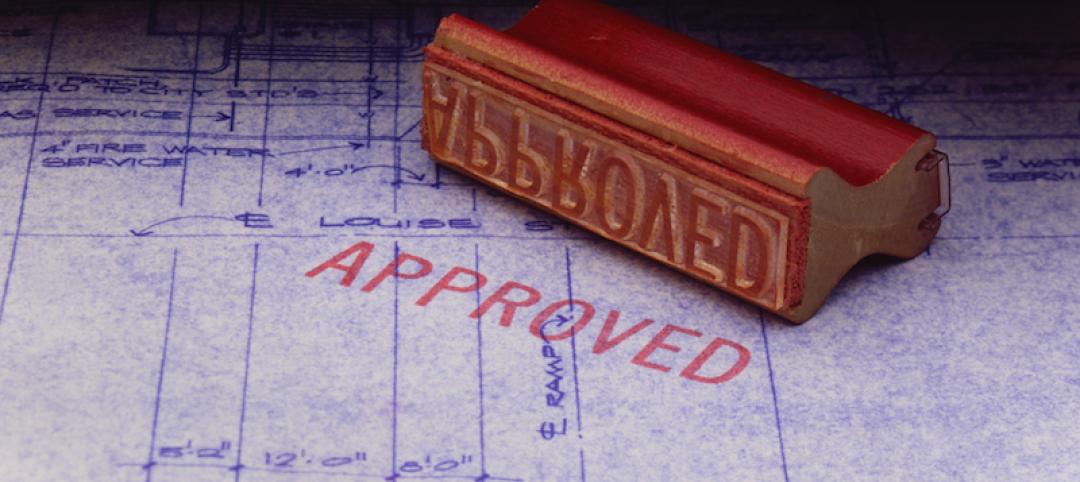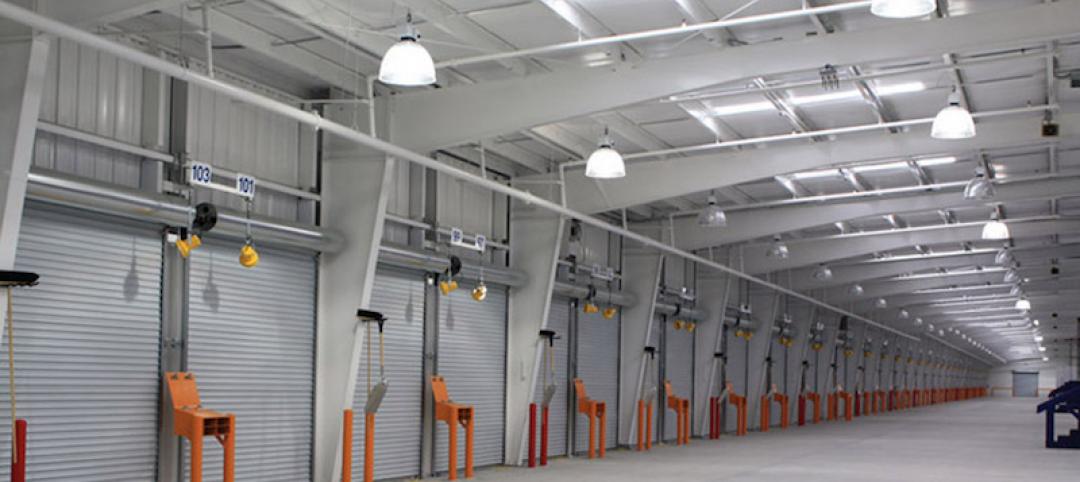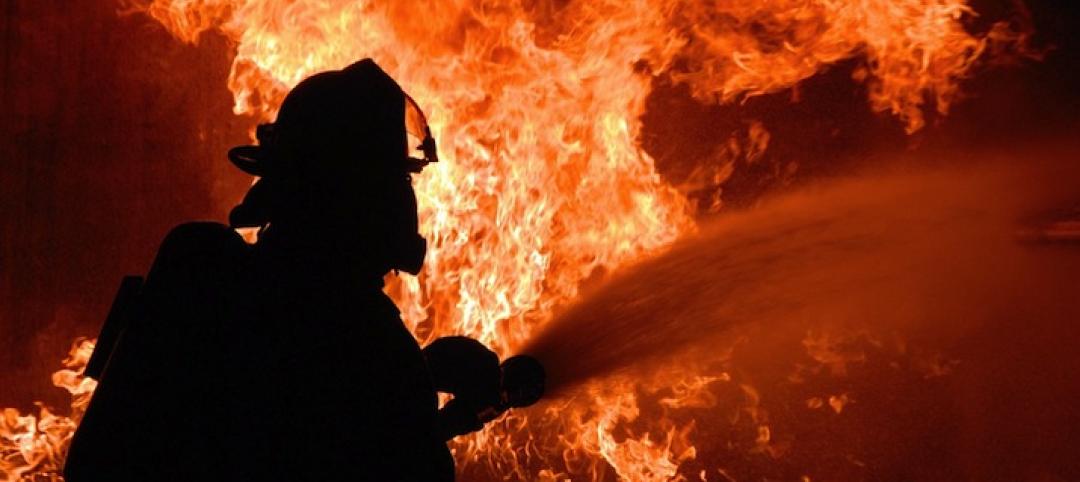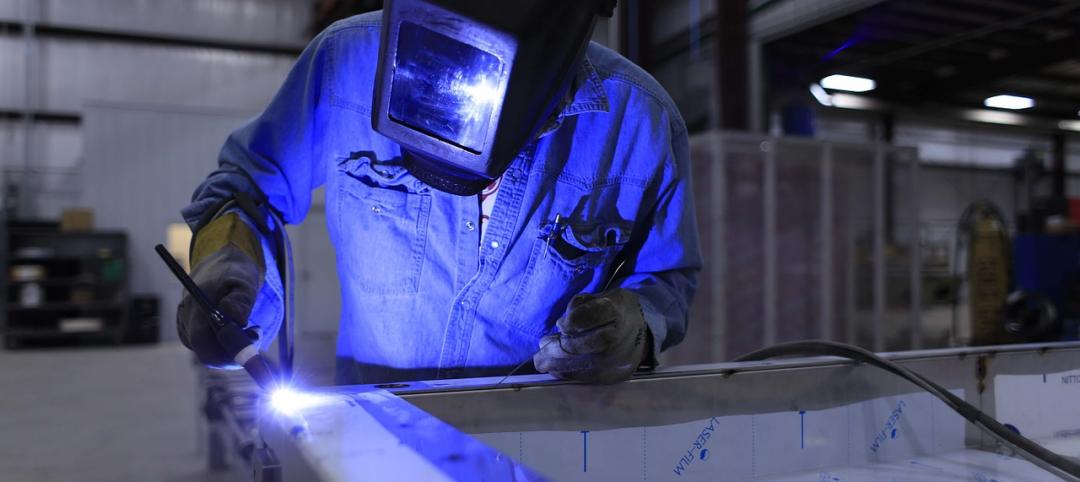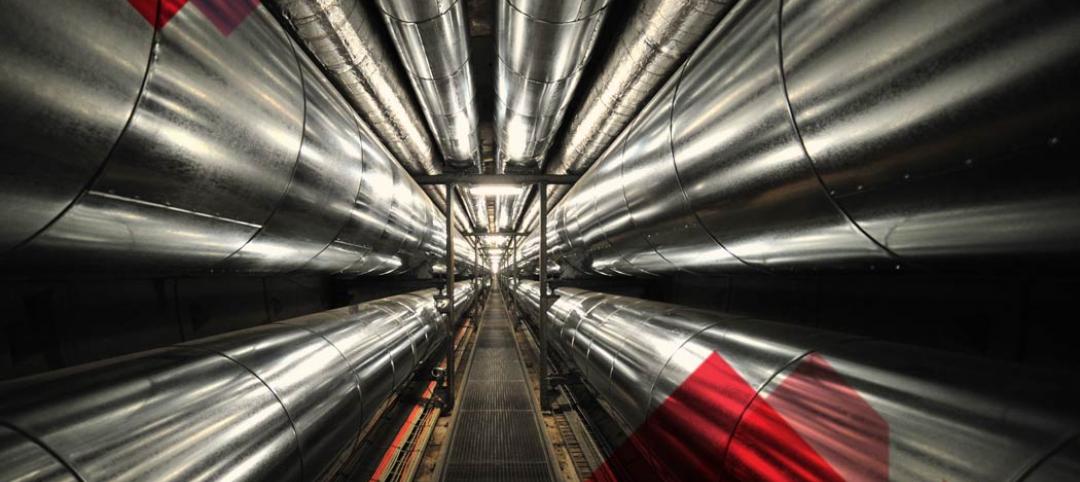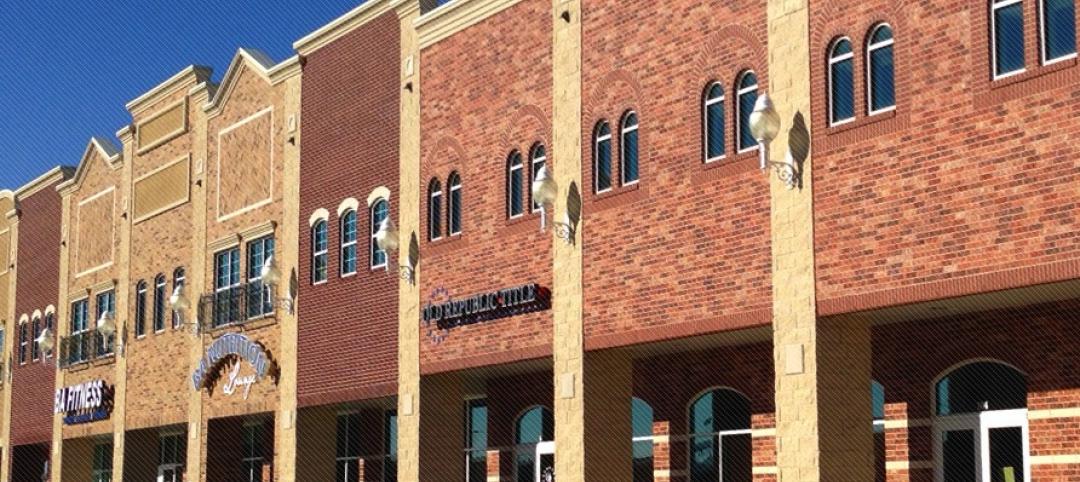When planning to build a new building for your business, it's natural to try and size it to meet not only your current needs but also your needs in the foreseeable future.
But, what about the unforeseeable future? What if you build yourself a beautiful building with space to do everything you need, but five years down the road, you need 25 percent more space? Good stuff happens, what if it happens to you? Will you be able to expand your building?
The good news is that metal buildings are expandable, especially if you plan expansion potential into the original design. If you want to allow for future growth, and have the land available, you can engineer your metal building for the most economical possible enlargement.
In a clearspan building – one with no support columns in the middle of the interior – there are two types of framing arches. The main frames are engineered to support the weight load of the roof directly above the frame and to either side. Specifically, each frame must support half of the roof load between it and the next frame, on each side. Two halves equal the roof load of one full bay. End frames, however, only have to support roof load on one side, or 1/2 of the bay.
End frames that are engineered to support half as much roof load as the main frames are considered non-expandable frames. A building with non-expandable end-frames cannot be expanded without replacing the end frames.
However, if you think there may be need for expansion in the future, expandable end frames can be used instead, making it far easier and more affordable to make the building longer by adding additional bays.
*If building code changes occur between the building of the structure and the time of the expansion, frame modifications could be required.
More from Author
Allen Hurtz | Jun 20, 2017
Plan ahead when building in the west
Getting a project through plan review can be an unusually long process, anywhere from six months to two years.
Allen Hurtz | May 22, 2017
Tapered columns can slim down costs
In many metal building applications, straight columns may have more steel than they need.
Allen Hurtz | Apr 11, 2016
MBMA works with Underwriter’s Laboratory to fire test metal buildings
The fire safety of metal building systems is crucial. The ability of a metal building to prevent or slow down the spread of fire protects the structure and saves occupants' lives.
Allen Hurtz | Aug 6, 2015
How metal building systems work
In a contemporary metal building system, the size and shape can be just about whatever the project "wants."
Allen Hurtz | Apr 3, 2015
The inherent sustainability of steel
The steel in a metal building system may contribute to points for Recycled Content under the USGBC’s Leadership in Energy and Environmental Design (LEED) system.
Allen Hurtz | Jul 21, 2014
16 utility questions to answer during your building project
We need electricity to power our building projects, along with water and gas and a faultless sanitation system. That’s what we think about when we think about utility requirements for our building project, but are we missing something? SPONSORED CONTENT
Allen Hurtz | Jan 23, 2014
Think you can recognize a metal building from the outside?
What looks like brick, stucco or wood on the outside could actually be a metal building. Metal is no longer easily detectable. It’s gotten sneakier visually. And a great example of that is the Madison Square retail center in Norman, Okla.



